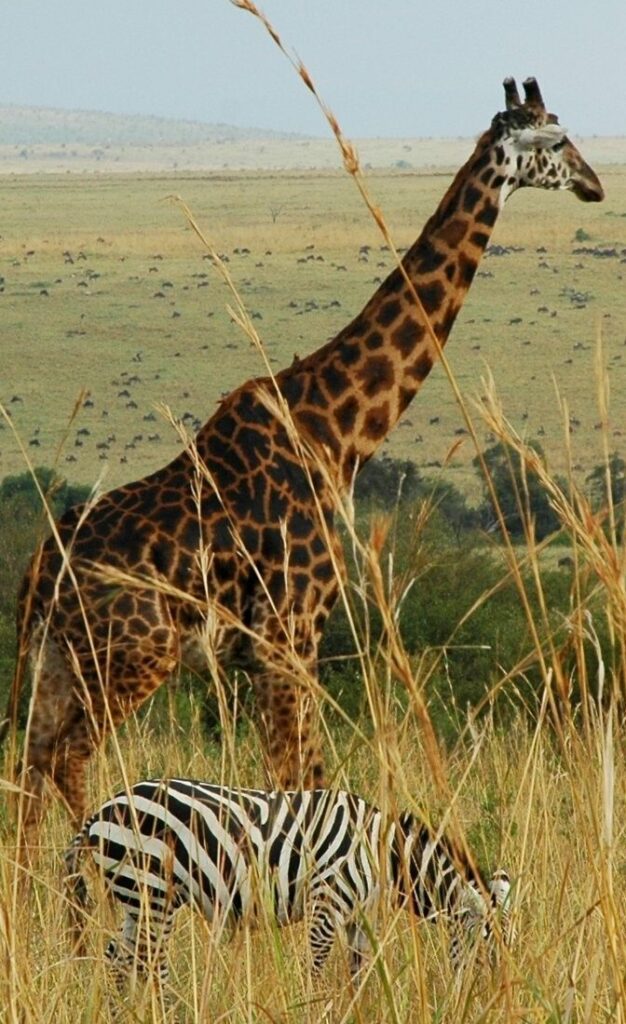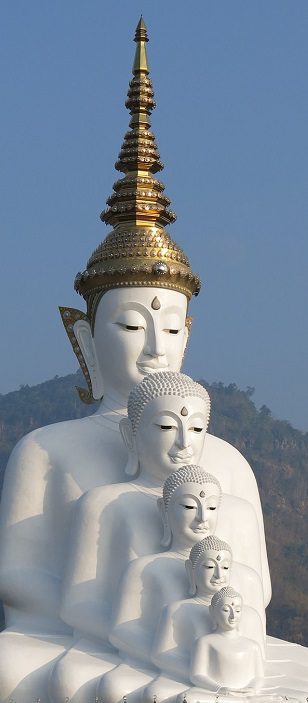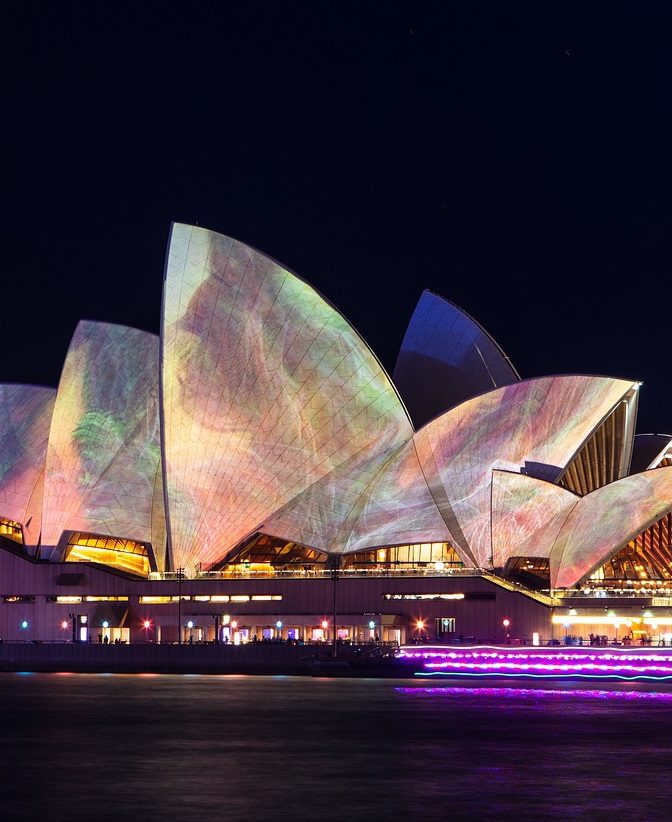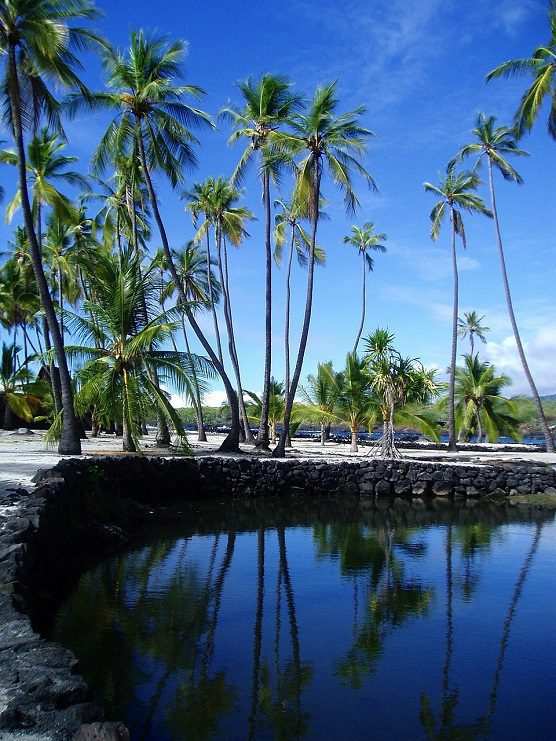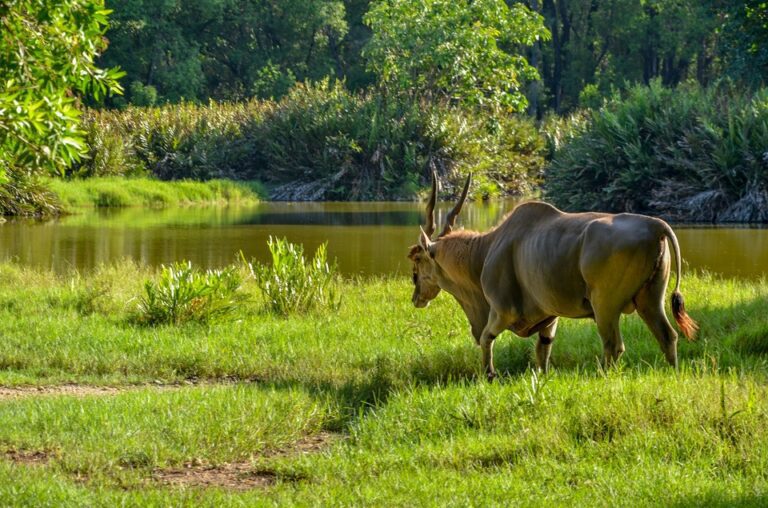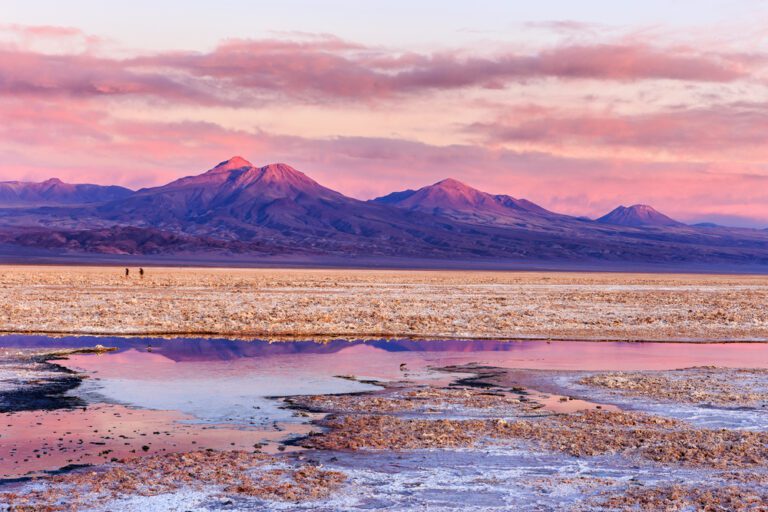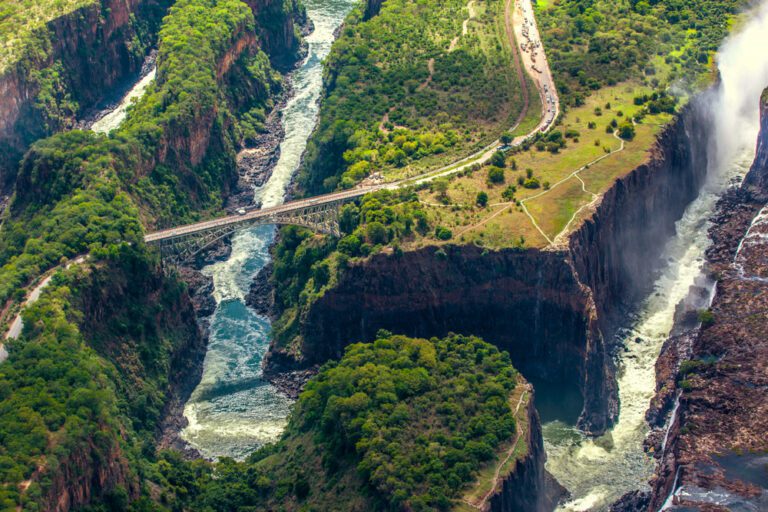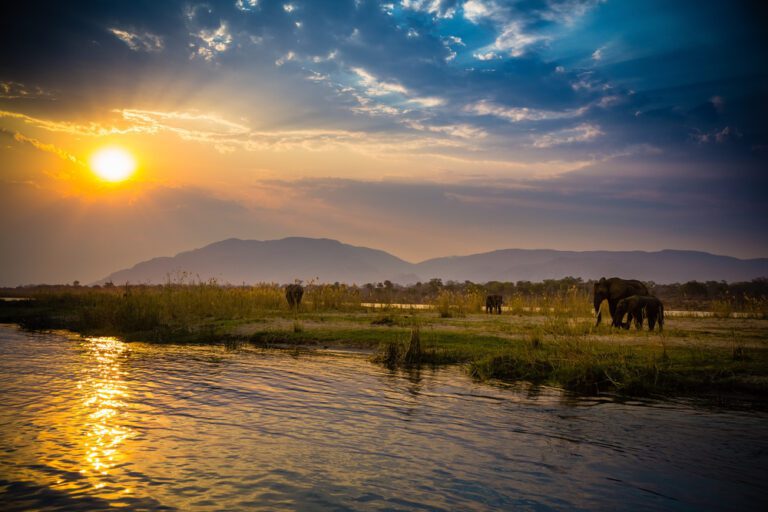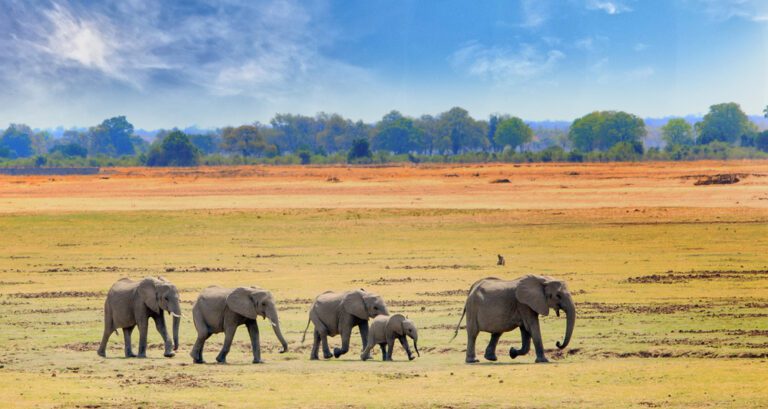Exploring the vast, stretching water trails of the Okavango in one of its ubiquitous mokoros (dugout canoes) is not only a slow, stealthy and immensely satisfying way to search for wildlife, but it also puts you in touch with the culture of the delta’s indigenous San people. The Bugakhwe and Xanekwe Bushmen have traditionally navigated the delta’s maze of reed-fringed channels, poling narrow dugout canoes on fishing, hunting and plant-gathering trips.
A mokoro typically has room for two seated adults. Gliding along, inches above the water’s surface, you gain a unique perspective of the Okavango – peering into the bright chalices of water lilies, ducking through lush plumes of papyrus or marvelling at the vast scale of the delta as you cross an open lagoon. With no engine noise, mokoro safaris are ideal for birdwatching; you may also spot other often-overlooked creatures, particularly amphibians and insects. Slipping silently past big game – elephants drinking at the water’s edge or a herd of lechwe splashing through the shallows -will also hold you rapt. At Kanana Camp in the south-western delta, mokoros have been given a modern update, with glass bottoms that allow you to peek at what lies beneath the surface.
Numerous camps offer mokoro excursions, spending a morning or afternoon exploring local waterways. In the Moremi Game Reserve, Camp Moremi, Okuti and Xakanaxa Camp all offer canoe trips. Among the private reserves, Eagle Island offers a cocktail of waterways, from the Boro River to large floodplains and lagoons. Located in the north of the delta, Duba Plains Reserve receives floodwaters as early as April, making it another good place to explore by mokoro. Kwara, Mapula, Vumbura and Xigera reserves all have a mixture of wet and dry habitats, with plenty of opportunities to get afloat.

Multi-day mobile safaris by mokoro are possible with The Old Bridge Mokoro Trails and Okavango Polers Trust. Setting out on foot in the Okavango, accompanied by a professional guide and armed scout, is a safari of the senses: you can feel the crunch of sunbaked Kalahari sand beneath your boots and smell the heady aroma of wild herbs as you wade through dry grassland. No sound goes unnoticed – from the distant whoop of a hyena to the disgruntled snorts of skittish impala. Crouching next to the graffiti of tracks on a game trail, your guide will reveal the meanderings of pythons and stomping of elephants. And, with luck, you may even time your walk to coincide with the arrival of floodwaters.
Although not as popular as game drives or mokoro safaris, guided walks can be arranged at several camps in the Okavango. Walking is not permitted, however, in Moremi Game Reserve or Chief’s Island. Instead, head for private reserves that place an emphasis on dry-land activities. In the Khwai concession, for example, wildlife-rich floodplains and mopane woodland near Banoka Bush Camp promise excellent game walking. Another camp operated by Wilderness Safaris, but located on the western side of the delta, Seba Camp overlooks a small lagoon in Abu Reserve and also runs walking safaris.
For the ultimate walking experience in the Okavango, however, Ker & Downey offers a four-day ‘Footsteps across the Delta’ safari in Shinde Reserve. Accommodation is in spacious, twin-bedded tents with en-suite flush toilets and hot-water bucket showers. Your chef rustles up culinary masterpieces from the bush kitchen, and there’s even a daily laundry service. But as comfortable and eccentric as this sounds, the main emphasis – and undoubted thrill – of these safaris is to walk out into the wilderness each morning, searching for wildlife and honing your tracking skills.
